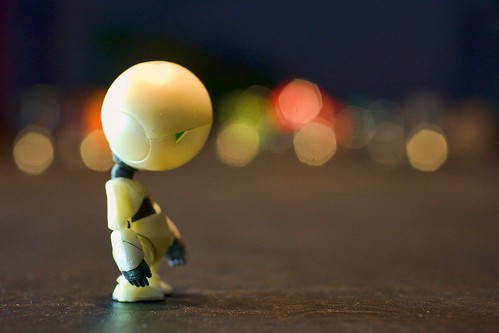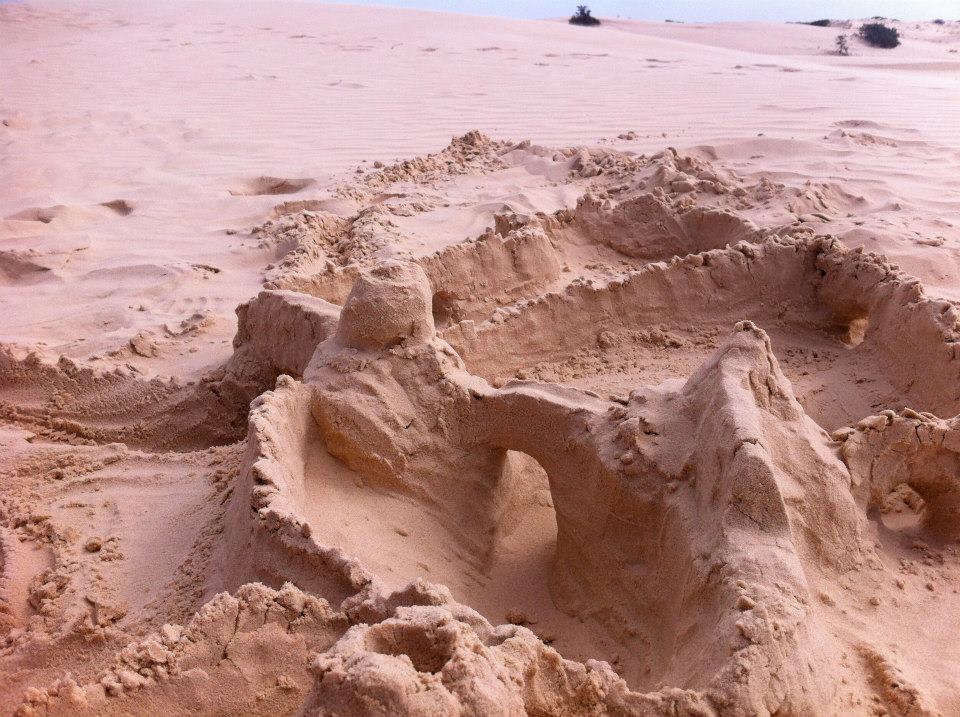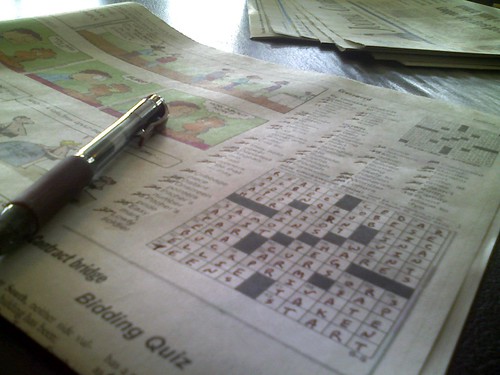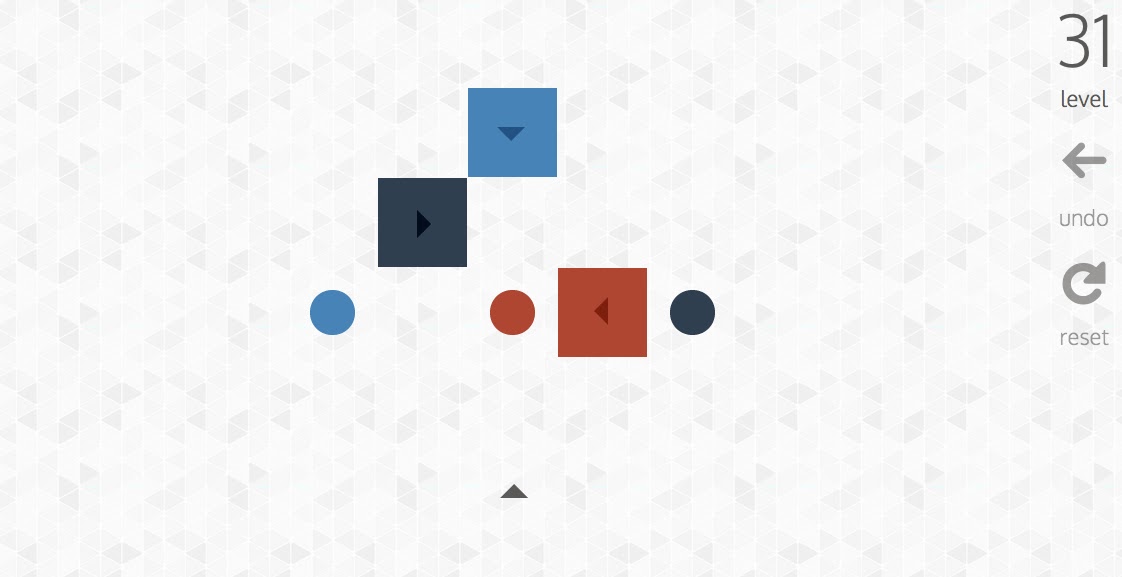quarterfinals match 3:
World of Darkness vs Vampire: the Masquerade 5e
sadly, I have not played any more Vampire this year. but I do think about the world and the system fairly often. driving past a self storage compound on the highway, I wonder how Anarch vampires could use such a space for hiding their renegade plans and secrets. hearing news snippets about a rapper on trial for drug trafficking, I wonder what kind of vampire story that might be, if the drug dealers were in thrall to vampires, or if the rapper himself were undead, using a late-night partying lifestyle to disguise his sun allergy. it would definitely be depressing to be a vampire in real life-- but isn't it interesting to ponder the logistics of living in darkness for decades on end? I can't be the only one who thinks so.
mechanically, these two games are almost identical. the one system encompasses the other entirely, pretty much, and the other is a sharply focused specialization of the first. on that point of my rubric, I cannot really distinguish them.
in terms of relative approachability, there are perhaps some differences but not substantive ones, for me. World of Darkness can stand alone, just as this version of Vampire can. the possibilities for branching out or remixing other subsets of the world don't take away from that.
so does that mean my only meaningful axis of comparison, other than past gameplay experience, is aesthetics?
I initially summed up the vibes of World of Darkness as "film noir–artsy" and "alternatingly grunge/emo/punk," with a heavy tinge of romance and mystery. then, in Vampire's opening match 6, I wrote, "let's take everything I said about World of Darkness in opening round #1, but add a few gallons of flawlessly immortal elegance and deep red, viscous blood."
so... which is more worthy of this arbitrary prize? the artsy black-and-white film noir? or the highly polished, classic gloss of black-and-white-and-blood? which one looks best posed against the backdrop of a perfectly staged alleyway at night?
| SYSTEM | World of Darkness |
Vampire: the Masquerade 5e |
| back cover tagline = | "Your greatest fears aren't make believe; they're real." |
"Death is not the end." |
| publisher = |
White Wolf |
White Wolf |
| pub. date = |
2004 |
2018 |
| original cost = |
$24.99 | $55.00 |
| length = |
8 chapters / 223 pages | 13 chapters / 400 pages |
| my exp. level = | more than some | lots |
it is a difficult choice. both of these styles please me. both games and gameworlds have helped me experience visceral, intense struggles and tell sweeping, tragically beautiful stories.
my decision comes down to a fairly small nuance, I guess. for all that these two systems share, the one is by design very broad and open-ended, accomodating of plenty fairly typical man-vs-monsters adventures. World of Darkness will most likely have you roleplay a communal struggle against encroaching supernatural evils from who-knows-what great beyond. and while that is is awfully heroic and awesome, it is a bit less unique.
to instead struggle against a persistent, internal, irreversable corruption inside your own blood... that is different. it feels... more, somehow. less trite, less bounded by the rules of a proper hero's journey and all that. the focus of it, the individuality of it-- it makes the struggle a lonely, desperate, mostly hopeless one. how much more romantic can we get than that? and with the focus of Vampire, we get to fight-- for whatever idealistic or misguided or prideful reasons-- against something our own fallen selves have become. that dark conflict gives this game a more unique and interesting trajectory for stories than any other game I've ever played. so far.
next match-up review (the last before the semifinals!): The One Ring vs A Song of Ice and Fire











































